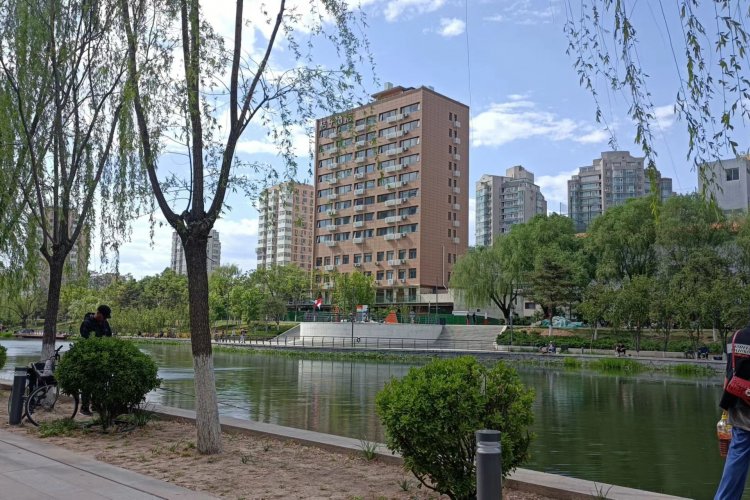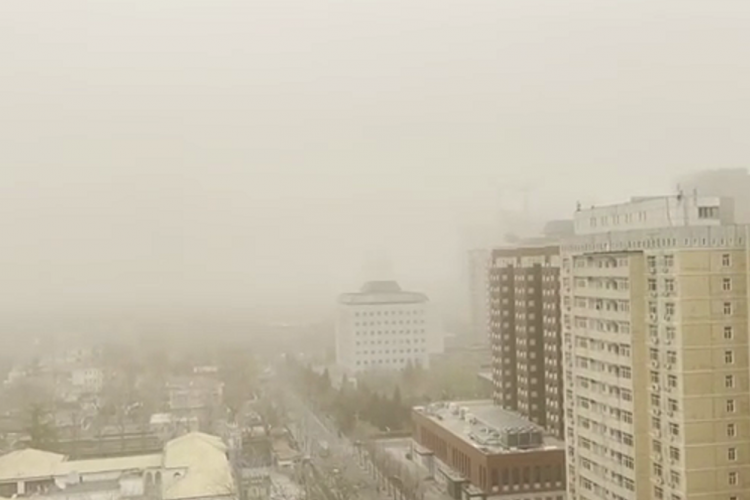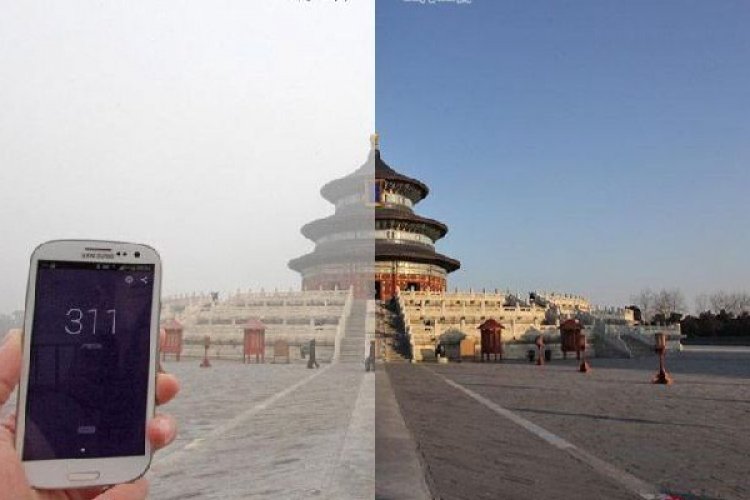Misleading Headlines Only Serve to Add Fire to Media's Complex Relationship With China's Pollution Crisis
Not only does air pollution make you more likely to be a criminal, it'll also make you a dimwit too. That's according to study published last week by a Chinese-American research team claiming to find a correlation between air quality and intelligence. The study, which analyzed the cognitive performance of some 20,000 Chinese men and women, presented data which suggested that with the rise of prolonged exposure to polluted air comes a decrease in cognitive ability. However, the study did not and could not prove a cause and effect link between the two factors, only correlation without testing for uncontrolled variables.

Major news outlets jumped on the story, including the BBC and The Guardian, with the latter publishing the far more sensationalist headline; "Air pollution causes ‘huge’ reduction in intelligence, study reveals." While the study states that no cause and effect link regarding air quality and intelligence had been established, The Guardian still ran the story with a headline which explicitly claims otherwise. The BBC have not gotten away scot-free either; their article includes vague statements with no citations.
This follows a long list of slanted reporting on China's pollution crisis. In 2015, for instance, The Economist ran a story citing a study by Berkley Earth, which claimed that spending one day in Beijing is equivalent to smoking 40 cigarettes. This prompted a backlash from news outlets (including ourselves) and doctors alike.

Beijing (and China) does have an air pollution crisis, which is hazardous to the health of young children and elders in particular. However, the consistent painting of Beijing as an apocalyptic wasteland seems excessive, to say the least. As soon as one study – which, again, lacks proof of a causal link between the two factors – is published, major news outlets often manipulate the findings to further propagate anti-China sentiment. This penchant for sensationalism is not only careless, it also borders on dishonesty.
Though there's still a lot of work to be done when it comes to eradicating Beijing's air pollution woes, research this year indicates that things are moving in the right direction. That being said, if we are to ever believe local reports, Beijing needs to be transparent in its figures – if the local government is intent on putting a positive, selective, and exaggerated spin on pollution readings, it won't have a leg to stand on when foreign media does the opposite. In the end, we're all the losers of that game.
Photos: The Telegraph, Firefly Daily, Thoughtsalongtheendlesstrail







